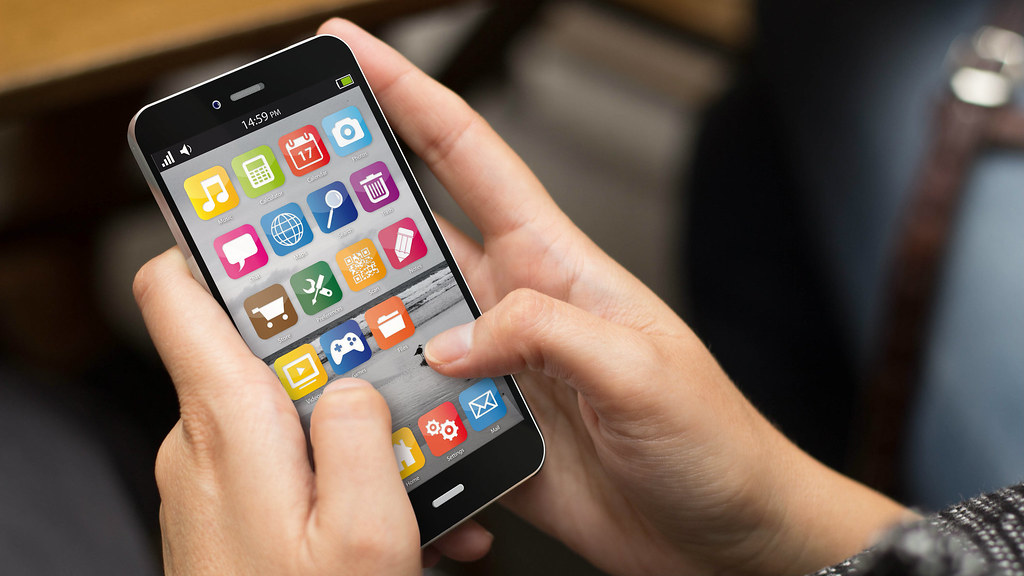A ‘world first’ research project led by a researcher in the Department of Health is to explore the previously uncharted area of teenagers’ growing use of digital wellbeing software and gadgets, with latest statistics showing a staggering 160,000 smartphone health apps on the market.
In recent years there has been a rapid growth in digital, wearable and mobile health (mHealth) technologies encouraging individuals to monitor their own bodies – especially applications promoting and monitoring aspects of healthy and unhealthy lifestyles, including physical activity, weight, sleep, and food, alcohol and cigarette consumption. This is revolutionising healthcare, impacting on government policies, being promoted by schools and GPs, and presented as a solution to the problems of under-pressure medical facilities and staff.
Used every day
Bath research asks questions about youth use of health devices But existing research has focused on use of this technology by adults, rather than on the experience of younger people, for whom it is increasingly part of everyday life. There are unanswered questions about how teenagers use these unregulated apps, and gadgets like smartwatches, wristbands and body motion patches, and how much they are influencing behaviour, as well as issues about how and whether personal data is used or retained by organisations, schools, businesses, and shared by teenagers. Even younger children are becoming familiar with them, with the first fitness tracker for four-to-seven year olds being launched in 2014.
In addition, the researchers will be investigating how poorer individuals, families and communities are affected by lack of access to this new technology.
The University of Bath’s Dr Emma Rich, working with Professor Deborah Lupton from the University of Canberra in Australia, and Professor Andy Miah of the University of Salford, has won a Wellcome Trust Research Award to examine young people’s encounters, good and bad, with this digital technology.
Massive change Dr Rich said: “Against a backdrop of over-burdened health care systems and increasing focus on preventative healthcare, individuals are being encouraged more and more to use this sort of technology to gather knowledge about their bodies, and manage their daily lives, what they do and what they consume.
Bath research asks questions about youth use of health devices"But this is a massive change from any traditional way of providing information, changing behaviour, and diagnosing problems, and this may raise medical and ethical issues, as well as ones about data use and even the surveillance of people’s bodies. We simply don’t know – yet.”
The project has just got underway, and will include a large scale survey of 13-to-18 year olds from the west of England to identify the most-used apps and equipment. This will be followed by in-depth interviews with young people from local schools to examine the impact of these devices on their health, identities and data practices. The final phase of the data collection will involve a more detailed study collecting and analysing information from daily usage by participants of a fitness tracker, mobile phone and health apps.
You might also be interested in:
Twitter - @DrEmmaRich
Blog about new research (by Emma Rich)
How artificial intelligence could provide some respite for the NHS - The Conversation (by Emma Rich)

